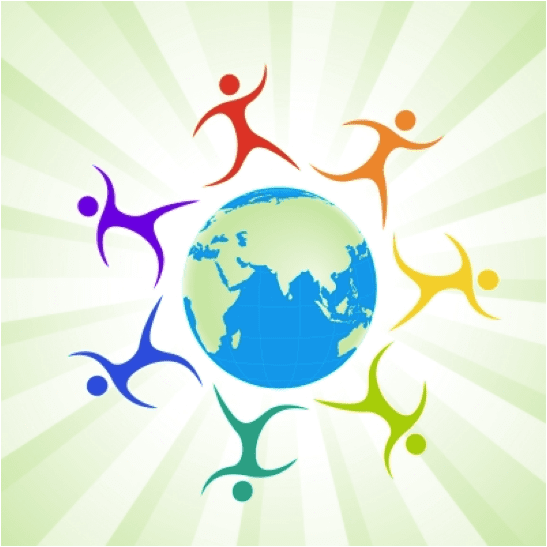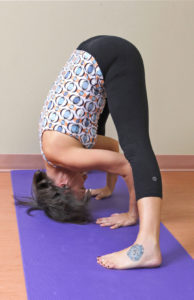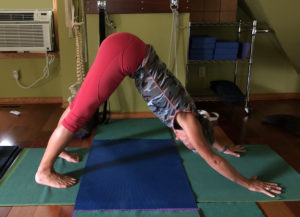We cannot solve our problems with the same thinking
we used when we created them. Albert Einstein
There comes a time in one’s wisdom journey through life where healing personal wounds is outgrown and replaced by a concern for the collective wounding of the planet and humanity at large. These shared or universal wounds — poverty, pollution, oppression/terrorism — are stored in the deepest grooves of the human brain and, overtime, negatively altered our DNA passing from generation to generation in their groundswell of enmity.
Speaking personally, one such collective wound is the guilt felt when I am in a good place and others are not. Guilt and even a sense of helplessness arise when I witness the mental and physical destitution of homeless people living on our urban streets. This global humanitarian woe is not going away. The increase of homelessness and poverty over the last two decades is a testament to the generational nature of these human conditions. And now, our outdated systems and solutions for alleviating such destitution are doubly strained and even more useless when faced with millions of displaced refugees. Our existing wellness systems were meant for a different time thereby reminding me of Einstein’s definition of insanity: we’re “doing the same thing over and over again and expecting different results.”
By “doing the same thing,” I refer to allowing our institutions and organizations to be our primary value-setting agencies. Historically, societal groups — governments, professional associations, athletic clubs, non- and for-profit organizations, labour unions, religious institutions — formed trusting relationships around shared values. In the less complex environment of the early 19th and 20th centuries, our ‘value centres’ were evident in our organizational life, in part, because these organizations were often the forerunners or agents of societal change. Not so today.
In the much-changed, much-larger world of the 21st century, we continue to evolve those values beneficially shaping the future, but a different pattern has appeared with regard to where our value centres currently exist. The internet, cellular phones and social media networks give us the ability to communicate and learn with anyone, anywhere, at anytime. Consequently, individuals are now adapting and changing faster than organizations. Whether through social media or face-to-face networks, people with shared values are “self-initiating and self-regulating” in innovative forms of organizing to tackle the ‘wicked’ challenges of our inter-connected, volatile, uncertain, complex, ambiguous world.
One such collaborative example is Avaaz.org, an online 44M membership “campaigning community bringing people-powered politics to decision-making worldwide.” Another online 35M member-based social activist community is Care2.com, “a highly-engaged social network standing together for good and making extraordinary impact locally, nationally and internationally by starting petitions and supporting each other’s campaigns.” Without question, a person’s sense of shared values draws them into community. As a key ingredient for connecting and organizing or collaborating, shared or universal values have as much relevance today as in past millennia.
Such “social innovations” emerged as viable means for creating permanent systems change that resolve existing social, cultural, economic and environmental challenges for the benefit of people and planet. Whether we care to admit this or not, incremental improvements in existing ways of being and doing enacted by governments (see “Geothermal Could Put Thousands from Alberta’s Oil and Gas Sector Back to Work”) can no longer solely bring about the outcomes necessary for healthy, prosperous and sustainable living. As a necessary condition, we require whole new mindsets, models, products and services “that simultaneously meet social needs and create new social relationships or collaborations” (Murray, Caulier-Grice & Mulgan 2010). As the social collaboration between NESTA (the National Endowment for Science, Technology and the Arts) and The Young Foundation documented, humanity needs to collaboratively and simultaneously ‘learn and do’ if we are to successfully traverse what has clearly become an evolutionary step in the development of people and planet.
What excites me is that in this lifetime we are awakening to the possibility of healing both the planet and our global society from their chronic pains. Because the skills needed for such extraordinary healing are not part of our traditional toolkit, we must return our trust to nature’s alchemy of “self-organizing systems” and allow our collaborations with others to teach us what we collectively need to learn. During this time of simultaneous “learning and doing,” feeling uncertain is natural. On a personal and collective note, our work is to release our fear/resistance to feeling vulnerable in our uncertainty. Only by letting go of all our fears can we become invulnerable.
The ability to replace fear with the universal values of love, compassion and trust dissolves resistance and enables us to break through rather than break down, thus further strengthening our collective invulnerability.
What one act of love can you express today that will further our collective journey?
For more on releasing fear and expressing love, compassion and trust, click here.





